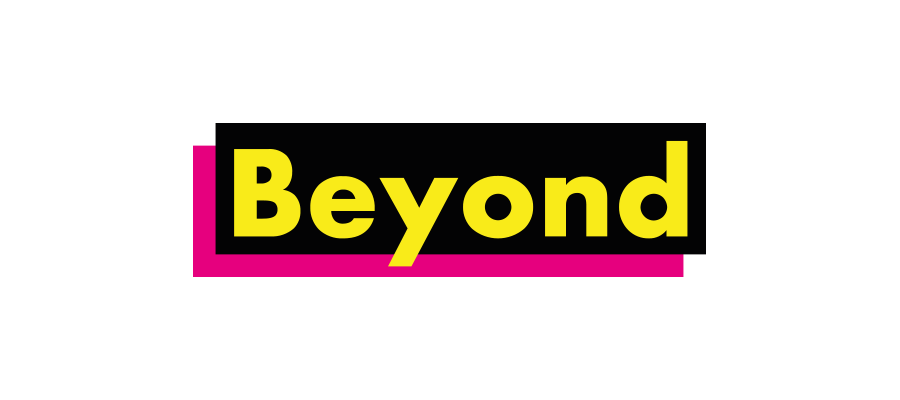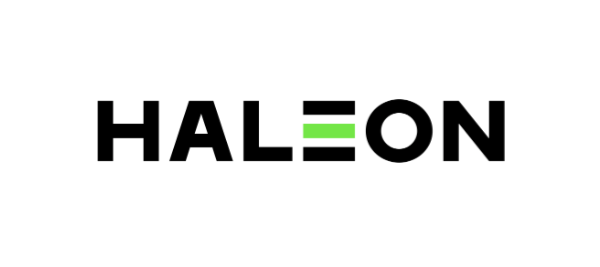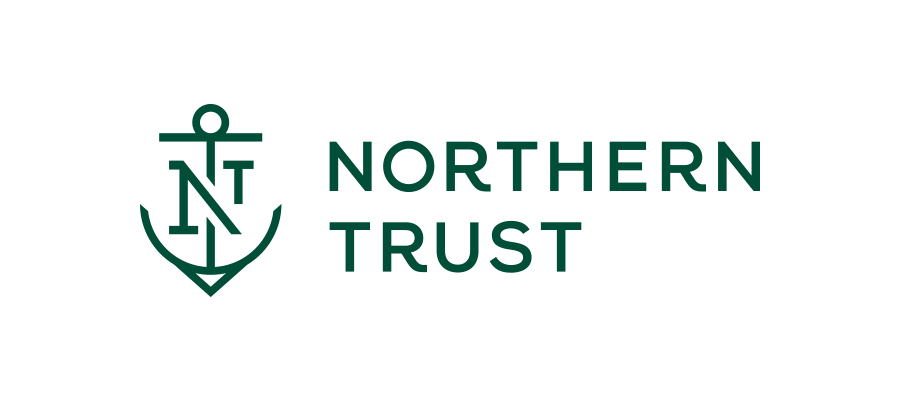Does becoming a parent make working more stressful?

Each person who is going to become a parent requires a tailored approach because they are all individuals.
Does becoming a parent make working more stressful?
Nowadays enlightened employers recognise that becoming a parent marks a momentous life change for a significant portion of their employees. For people in professional careers they are likely to become new parents in their thirties; just when their careers are taking off. It’s a vulnerable time and as many as one in ten of mothers experience Post natal depression according to figures from the NHS. The incidence of fathers experiencing PND is on the rise too, presumably as more men take on the role as primary carer. Even when PND isn’t triggered, becoming a parent can result in significant stress.
We coach predominantly in large City firms where the pressure to perform is high and the people we coach are high fliers. They are in the turbo-charged phase of their career and the decision to become a parent is not taken lightly. Women in particular are very conscious of the maternity penalty where their careers can stall when they become mothers. So, to forestall this, they try to pass key career milestones before having their baby. They worry a lot about whether they’ll still be taken seriously after they’ve had a baby and can’t fathom how they will manage their current role in less time. That’s where coaching is useful as we can help them figure out what makes them good so they can play to their strengths and focus their energy more. Helping them to slow down and think about what 20% of what they do results in the 80% impact is a good way to ward off anxiety about a less elastic day.
Having them practice setting boundaries before they go off on maternity leave is helpful too. Of course Managers can do this too. Managers need to check in with women who are pregnant by asking how they are doing. Avoid the ‘wall of silence” that some mothers have described to us when their manager almost avoids them, so nervous are they about saying the wrong thing. It’s helpful to have a dialogue about contact while they’re off too. Best not to assume that they won’t want any contact at all. When in doubt, ask. At times in our first coaching sessions with mothers-to-be, some can seem in denial.
Their jobs are highly pressurised and they don’t have time to think about it, preferring to work as hard as possible right up till they have the baby. It’s as if “having a baby” is just one of the hundreds of things on their To Do list. it’s worth making sure someone isn’t overworking on the run up to their maternity leave. It’s hard to get it right because many women don’t want to be treated differently and are anxious to prove that nothing will change and may feel patronised by exhortations to go home. Equally, other women describe how insensitive their manager has been by continuing to arrange meetings at a late hour or not respecting their Ante-natal appointments.
Each person who is going to become a parent requires a tailored approach because they are all individuals. Good managers check in with them and acknowledge there is change ahead but also make them feel confident that their job is secure. A vote of confidence is so important at this time. Just telling someone that they will be missed can have a huge impact on anxiety levels. Asking them what contact they would like when they are on leave is a good idea too. Suggest a “communication contract” to make it more of a commitment. We tend to see our clients when they are still on parental leave and so we can be more tuned in to what’s going on for them. Given the confidentiality contract with us they also feel more able to discuss Post Natal Depression or Post Traumatic Stress Disorder.
Managers may not realise there’s a problem as our clients don’t always feel able to reveal to their employer that they are struggling. The decision to be honest with their manager very much depends on the quality of the relationship. If there’s a strong relationship and no fear of stigma or negative consequences then it’s far easier to communicate what’s going on. Also if there is an informal communication contract in place the individual is going to be more likely to share what’s going on. On occasions where there hasn’t been much contact and a new parent requests an extension to their leave this can be a sign that there’s a problem. It’s definitely worth exploring what’s precipitated the change in plan and avoid assuming, in the case of mothers that it’s “just natural because all mums want to be with their kids”.
It’s also worth bearing in mind that the partners of people suffering from PND suffer too. As men don’t have to inform their employer that they are becoming a dad the news can come as a surprise. Again it’s a good idea to look out for behavioural changes that go beyond just being more tired than usual. Signs like making more mistakes, not being able to focus, changing their mind more than usual or even digging their heels in can all point to stress. When mothers come back to work they can experience what we call “invisible bump syndrome”. It’s important for managers to recognise that they are juggling a lot and it’s easy to feel overwhelmed.
The combination of the lack of sleep and the less elastic day can play havoc with mental health. This can be exacerbated by a fear of being seen not to cope. Taking the time to check in again is vital for managers. Open ended questions work better than the “Are you Ok? “Or “Is everything alright?” which can elicit “Yes I’m fine” answers. Taking the time to understand more about Post Natal Depression and realising that it can also happen to fathers is all part of an overall movement towards de-stigmatising mental illness. As 4% of women and 3.6% of men have a baby every year it’s wise to be more vigilant about changes in behaviour for both new mothers and fathers.







